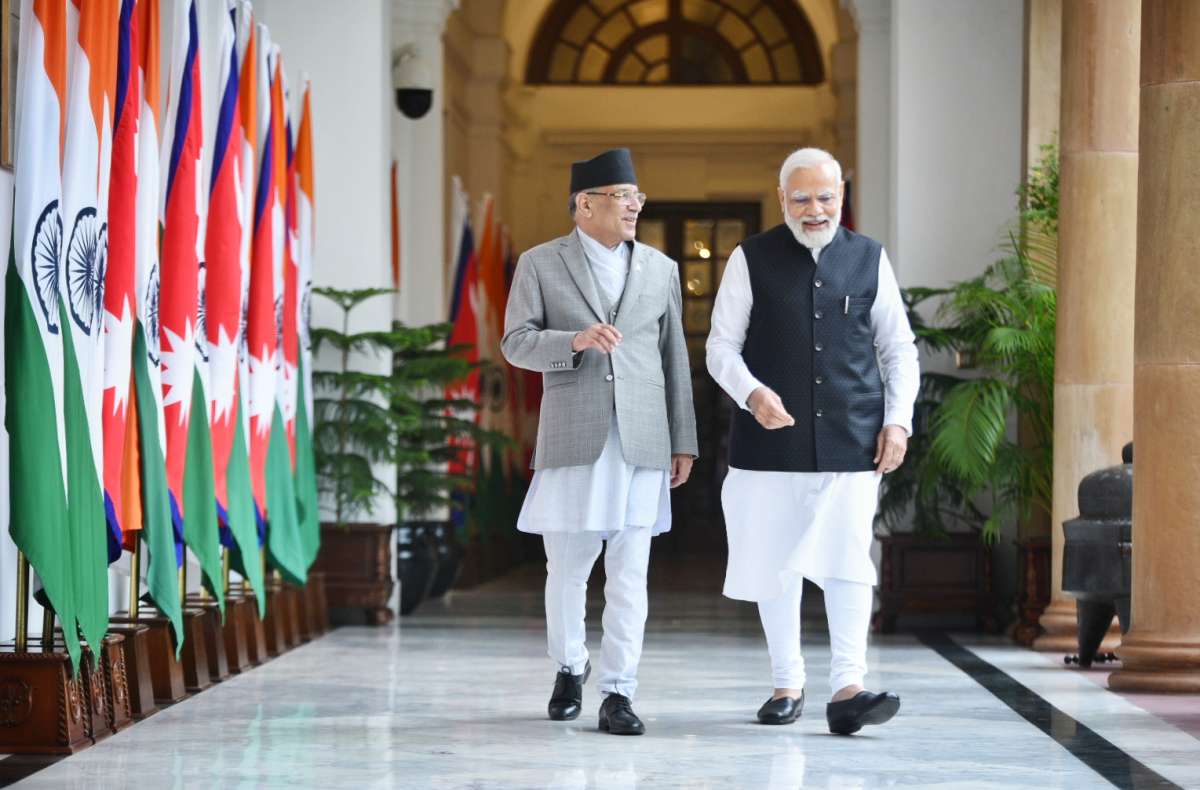China’s space capabilities, such as satellite technology, can have both civilian and military applications, leading to concerns about the military applications of their space programme…reports Asian Lite News
China recently announced that it would send its first civilian astronaut into space, InsideOver reported, adding that the country’s shift from military to civilian space programme is being seen with a lot of suspicion by the global community.
InsideOver is a news website focusing on world affairs. According to InsideOver, experts do not rule out the possibility of intimate ties between the space program and the People’s Liberation Army (PLA), saying that the dual-use nature of space technologies and the military’s involvement in some aspects of the space program was a matter of global concern.
The dual use technology refers to technologies that can be used for both civilian and military purposes. China’s space capabilities, such as satellite technology, can have both civilian and military applications, leading to concerns about the military applications of their space programme.
There are concerns about China’s space programme contributing to the militarisation of space. The country has been developing technologies and capabilities that can be used for space-based surveillance, intelligence gathering, and potentially offensive operations.
This led to worries about an arms race in space and the destabilizing effects it could have on international relations.
China has proved its anti-satellite (ASAT) capabilities in the past. In 2007, China conducted a test in which it destroyed one of its own satellites with a missile, creating a large amount of space debris, according to InsideOver.
The country in 2019, destroyed its own defunct satellites. In April 2021, China launched into orbit the first piece of a permanent space station using its most powerful rocket. Remnants from the rocket finally fell into the Indian Ocean after a 10-day descent.
Such actions have raised concerns about the potential militarisation of space and the risk it poses to other countries’ satellites.
Further, according to InsideOver, the country’s space programme lacks transparency, making it difficult to assess its true intentions and capabilities. China has been less open compared to other space-faring nations in sharing information about its space program, leading to suspicions and concerns from the international community. (ANI)














